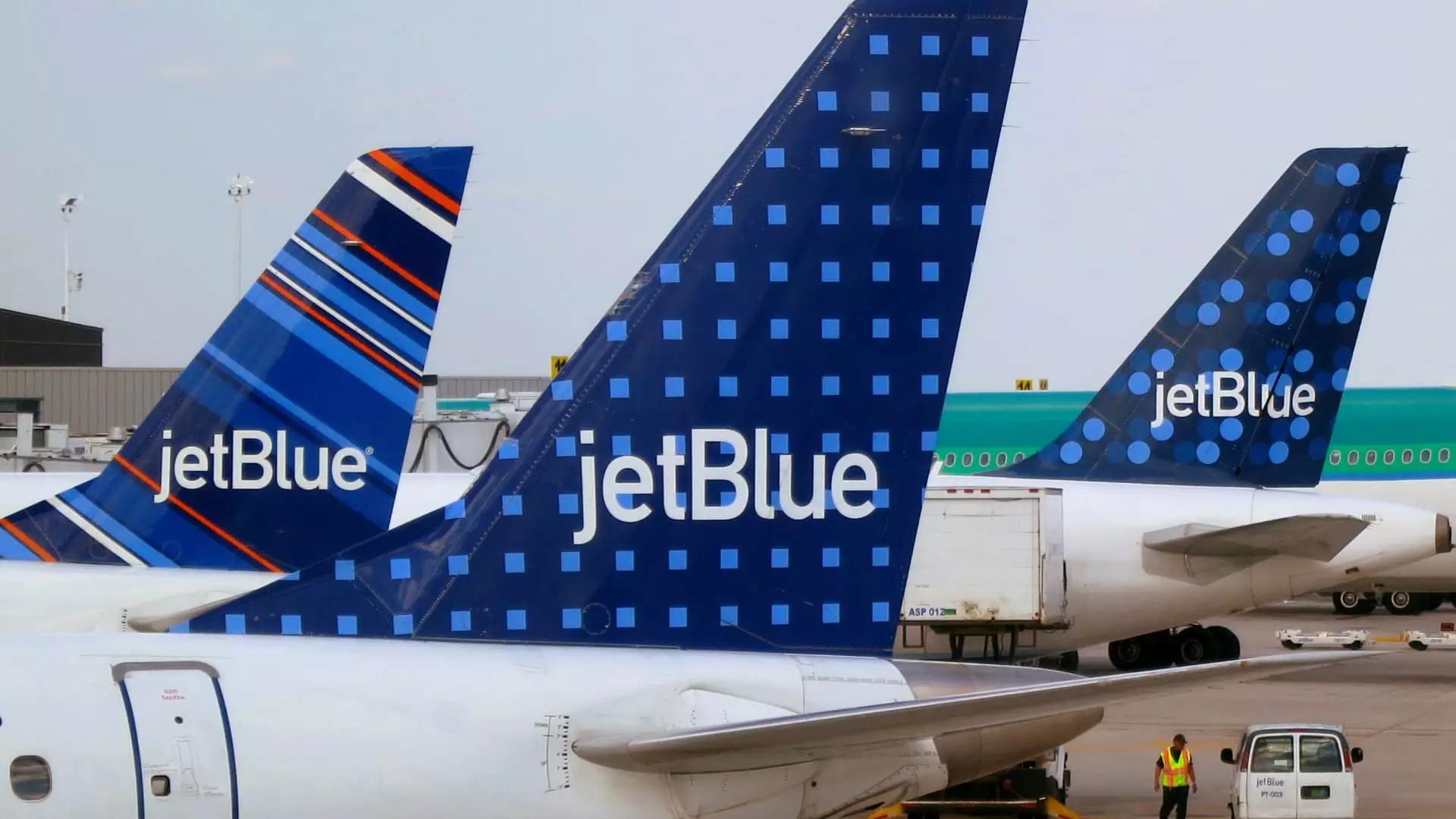In a groundbreaking move, the Department of Transportation (DOT) has imposed a $2 million fine on JetBlue Airways, marking a critical moment in the enforcement of airline schedules and operational accountability. This penalty comes as a direct consequence of persistent delays across several key routes, raising questions about the reliability of airline operations and the implications for consumers. Notably, this is the first such fine regarding chronic flight delays, positioning it as a pivotal case in transportation regulation history.
The DOT identified that some flight routes operated by JetBlue faced delays exceeding 145 instances from June 2022 to November 2023. These troubling statistics target popular connections like those from John F. Kennedy International Airport in New York to Raleigh-Durham International Airport in North Carolina, as well as several Florida routes. Transportation Secretary Pete Buttigieg underscored the necessity for airlines to align their schedules with practical realities, asserting that the DOT’s actions serve as a warning to the entire aviation industry.
The Department of Transportation employs specific criteria to label a flight as “chronically delayed.” If a flight operates at least ten times a month and arrives late by more than 30 minutes over half the time, it fits this classification. The investigation revealed that JetBlue accounted for over 70% of delays on the studied routes, which raises critical concerns about the airline’s operational efficiency and planning practices. The failure to adjust flight timings in response to these habitual delays reveals a potential disregard for both customer experience and regulatory standards.
Critics could argue that in a competitive industry such as air travel, the decision-making process behind flight scheduling requires flexibility and acknowledgment of external factors such as weather and air traffic control limitations. However, the chronic nature of these delays suggests deeper systemic issues within JetBlue’s operational framework that cannot simply be brushed aside.
In response to the fine, JetBlue expressed a belief that accountability should not solely rest on airlines themselves. The company pointed to pressing issues surrounding air traffic control (ATC) staffing as a significant factor in operational delays. It echoes sentiments shared by major competitors like Delta and United Airlines who have also spotlighted the urgent need for reform in national air traffic systems. JetBlue’s assertion emphasizes that without adequate government investment in air traffic control technologies and staffing, the reliability of flights will remain compromised.
The statement issued by JetBlue indicates a dual focus on immediate accountability while urging the government to prioritize infrastructure modernization. This underscores an ongoing tension between airlines and regulatory bodies, wherein both entities must collaborate effectively to enhance the consumer experience and operational reliability.
An analysis of JetBlue’s performance reveals that, while the airline ranked ninth out of ten U.S. airlines for on-time arrivals between January and September 2024, its figures did show a slight improvement, with 71.3% of flights arriving on time compared to 64.9% the previous year. This upward trend reflects attempts at rectification post-penalty but serves as a stark reminder of the airline’s past struggles.
The DOT has indicated ongoing investigations into other airlines’ operations, which may lead to further ramifications across the industry. The focus on systematic irregularities in scheduling patterns reveals that JetBlue is not alone in facing scrutiny, suggesting a broader issue within air travel that could compel industry-wide reforms.
The $2 million fine imposed on JetBlue Airways is more than just a financial penalty; it symbolizes a new era of accountability for airlines operating in a highly scrutinized environment. As the travel industry continues to evolve and confront pressures from consumers and regulators alike, the dialogue surrounding air travel reliability must persist. JetBlue’s response highlights critical infrastructure issues that, if resolved, could pave the way for a more efficient air travel system altogether. Moving forward, both airlines and the government must work collaboratively to ensure that the skies are not just open, but also effectively managed for the benefit of all travelers.


Leave a Reply